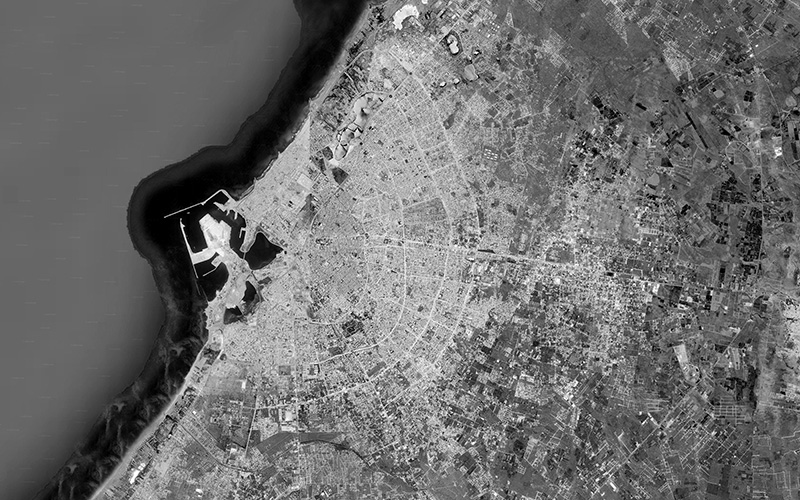DPU Working Paper - No. 204
Tribalism as urban planning: The role of non-state actors in governing Benghazi’s peripheries

13 November 2020
By Nada Elfeituri
The persistence of tribalism in countries of the Middle East and North Africa has posed a challenge to researchers and practitioners seeking to understand the political and social drivers of change in the region, particularly after the 2011 revolutions which saw the collapse of many governments and a resurgence in the prominence of tribal networks. The presence and role of tribal structures in cities – one of many non-state actors attempting to fill the governance gap – has increasingly become a key element in how they function today, particularly in planning, service delivery and security.
The accepted binary that places tribalism as a nomadic or rural practice – one which diminishes in settled and urban populations – is no longer adequate to understand developments occurring in the social, political and spatial arenas of these cities. Tribal networks have evolved and adapted over the years, both influencing and being affected by state policies and laws. Studies that attempt to understand tribal phenomena outside of anthropology tend to look at the relationship between tribe and state without examining how this relationship plays out in urban areas.
This research aims to reconceptualise the notion of tribalism in the MENA region in order to understand contemporary urban tribal practices, by looking at the tribe and the urban rather than the tribe and state alone. It will first establish a framework of understanding tribalism that builds on Ibn Khaldun’s conception of the Arab tribe as a form of social solidary, placing this within the notion of precarious urbanism. It will then look at the case of urban tribalism in Libya, analysing the relationship between tribalism, the state and the city, in order to understand why tribalism persists and what impact it has on city planning today. This will be explored in depth by analysing the current role of tribalism in Benghazi’s peripheral areas.
Download the paper
 Close
Close

